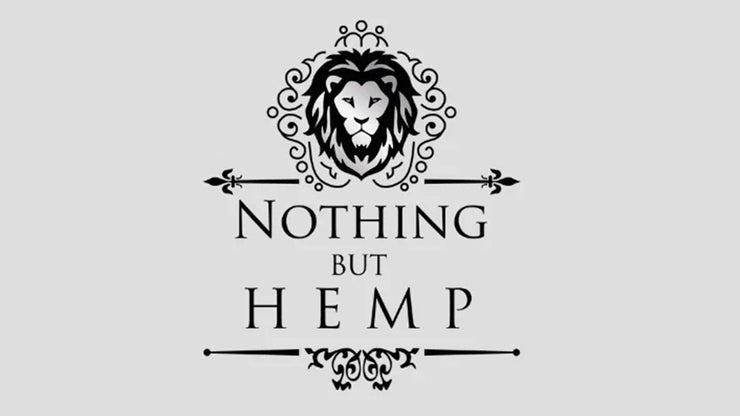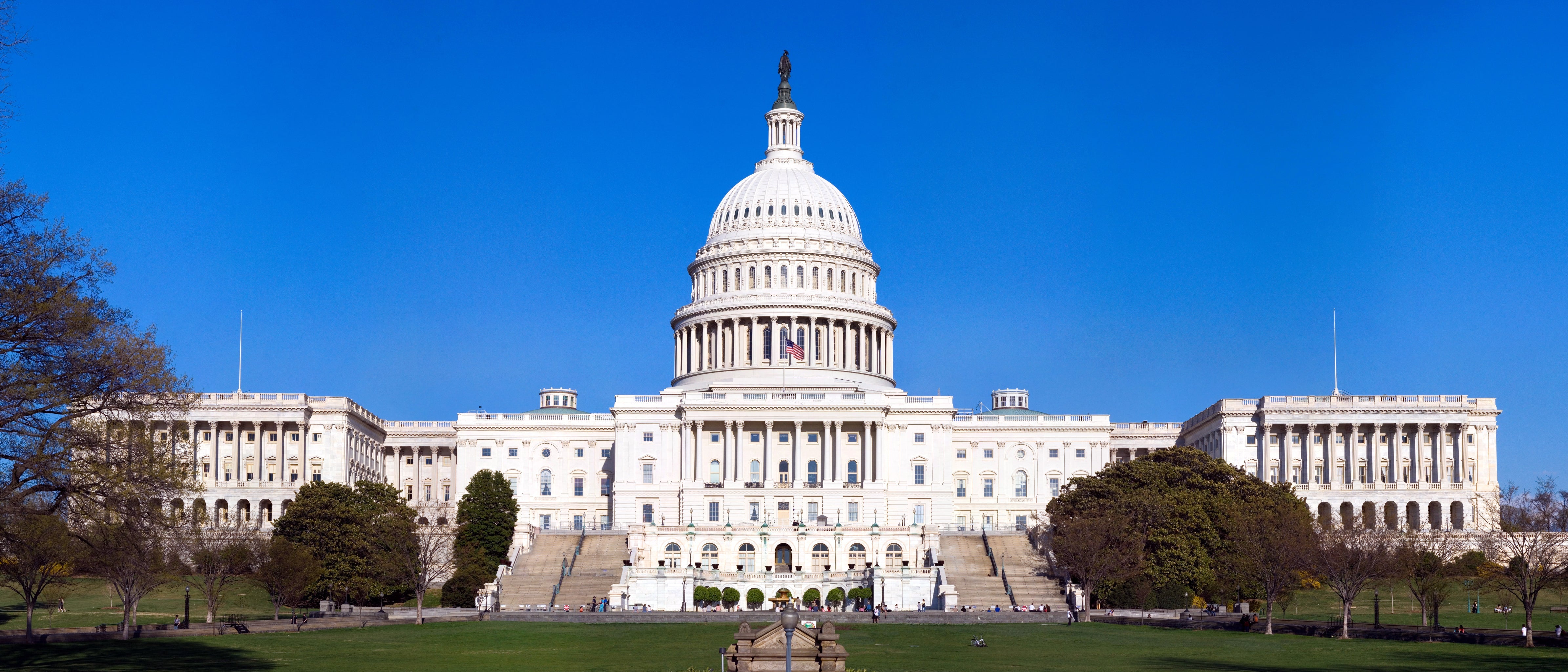
It causes heated discussions at family holiday meals and drives some to lifelong careers and activism, but just about everyone enjoys and cares about the environment around them to some extent.
For those more cautious about humanity’s role in changing the world around us, agriculture often gets a bad rap. From factory farms and GMOs to insecticides and deforestation, many have raised the alarm over how costly farming and ranching are for the Earth.
What is the best way to conserve and benefit from the natural resources around us? The question is pressing and captivating for many. One way to answer it is to find the natural products that benefit us the most, with the least harm to the environment.
That’s why some advocates are excited about hemp’s recent legalization as an agricultural product in all 50 states. [1]
Studies suggest hemp requires far less land and water to grow than other textiles, like cotton, and its uses are far from limited to just clothing. It takes the form of oils, extracts and chewable supplements, on top of being fantastic in rope, thread and other, highly-useful materials.
One UK study from 2010 showed organic hemp products and their fibers use less overall energy than traditional U.S. manufacturing processes for cotton fiber, and dramatically less energy than polyester products. [2]
Hemp needs 50 percent less water than cotton to grow, and four times less if you include polyester, which is unattractive to many because unlike hemp it features synthetics that don’t biodegrade and aren’t renewable. [3]
Corn is another crop that’s in some capacities out-done by hemp. It uses twice the water that hemp does, and requires an entire industry of pesticides and genetic modification to keep yields up year-to-year. Hemp, on the other hand, grows like crazy without pesticides. [4]
The great thing about this versatile little weed is that it doesn’t only stand to benefit the Earth, but many farmers in the US who have fallen on hard times. As Mark Weiser argued in the Pacific Standard last May, the crop may be just what farmers in western states need to keep their operations afloat in increasingly dry climates. [4]
Hemp’s primary use in America so far is for its CBD oils and related products. These non-psychoactive balms and extracts are widely sought for a variety of symptoms and goals. Many use CBD for anxiety, inflammation and epilepsy.
Since these Earth-friendly benefits seem to be great attractions to hemp, many people want to find the best types of CBD products with regards to the environment. That’s why so many customers choose Nothing But Hemp.
There is simply no better source in Minnesota for reliable, award-winning organic hemp products than Nothing But Hemp, where friendly staff members will invite you into a welcoming atmosphere to show you which CBD product is right for you.
With locations in Uptown Minneapolis on West Lake Street, the Maplewood Mall on White Bear Avenue and a brand-new shop in Forest Lake, we make it convenient to find the products you love and rely on.
And make sure to ask about environmentally-friendly hemp products like Siskiyou Sungrown, a brand which has earned acclaim in the CBD industry for its rigorous organic farming methods.
Sources
[1] https://www.nothingbuthemp.net/blog/867-billion-hemp-bill-dramatically-increases-cbd-enquiries
[2] https://www.sei.org/publications/ecological-footprint-water-analysis-cotton-hemp-polyester/
[3] https://slate.com/technology/2011/04/hemp-versus-cotton-which-is-better-for-the-environment.html
[4] https://psmag.com/environment/hemp-is-the-future-of-agriculture








































